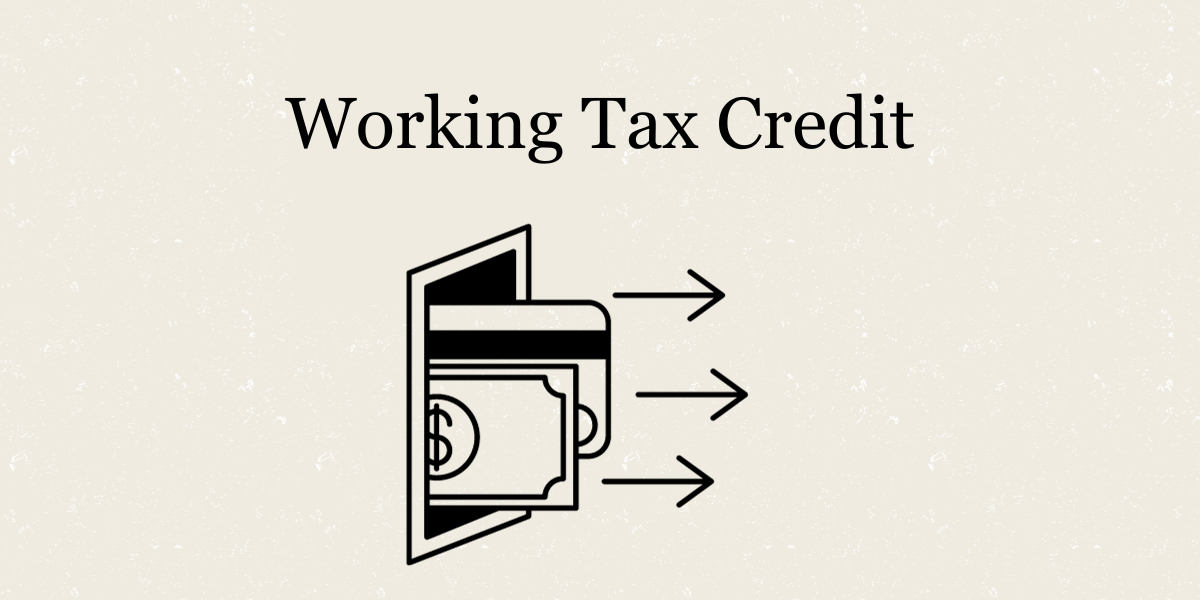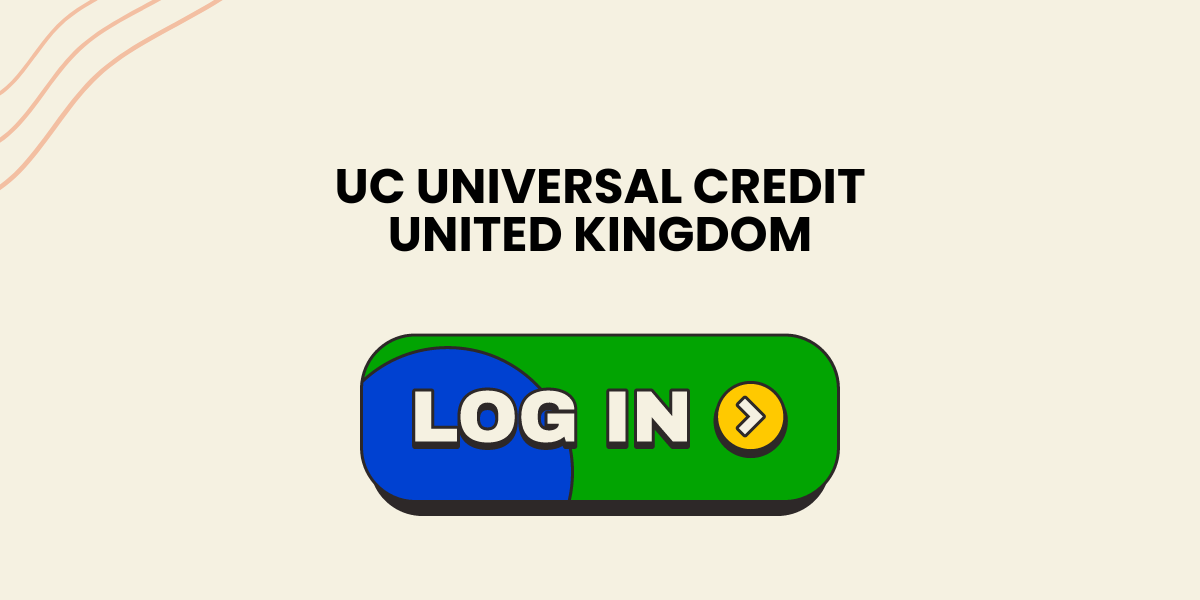Working Tax Credit is made to add more money to your pay if you work and have a low income. But it was replaced and now many people need to use Universal Credit instead. If you get a Working Tax Credit, check how this change impacts you.
Help from the government for those who work and earn less: Unlike Working Tax Credits, there is no limit on how many hours you can work with Universal Credit.
Find out more about Universal Credit here.
Related Posts
| What is Universal Credit? How to Claim Universal Credit, Benefits & Eligibility |
| Universal credit log in: How do I sign into my account? |
| Universal Credit Calculator- How much will I receive? |
Contents
- Are you already getting a Working Tax Credit?
- Tax credits and circumstance changes
- Citizens Advice Help to Claim service
- Working Tax Credit and childcare help costs
- Childcare costs and Universal Credit
- How much will you be able to get
- How much you could get in the 2023/24 tax year
- Switching to Universal Credit because you got a Notice of Migration
- How will you find out that you are shifting to Universal Credit
- If you saved £16,000 or more in money
- How to get the support
Are you already getting a Working Tax Credit?
If yes, then, when and how you switch to Universal Credit is based on whether you need to start a new claim because of any changes in your situation.
Tax credits and circumstance changes
You need to let HMRC (the government group that hands out Tax Credits) know within 30 days if anything in your life changes. This could be:
- having a child
- losing a job
- beginning to work less than 16 hours a week.
Citizens Advice Help to Claim service
The Help to Claim service from Citizens Advice is free and private. They can help you:
- check if you can get Universal Credit.
- collect your important papers and records to quickly finish your application.
- fill out the online application
Working Tax Credit and childcare help costs
Do you get a Working Tax Credit, work for 16 hours minimum a week and then do childcare payments? Then you may be eligible for the ‘childcare part’ of the Working Tax Credit. This will assist with about 70% of the expenses for taking care of your kid.
- if you are part of a pair, you must work at least 16 hours each to meet the criteria.
- If you have a job or are your boss, then you can qualify.
Childcare costs and Universal Credit
Help with childcare costs is more kind on Universal Credit than with the Working Tax Credit. You may be able to get back up to 85% of the allowed childcare expenses. In 2022/23, this is a maximum of £1,108.04 for two children or £646.35 for one child. These costs are going to rise to £1,630 for two kids and £951 for one child starting 29 June 2023.
This is compared with the 70% you could get from the childcare costs part of the Working Tax Credit. If you are on Working Tax Credit, use Benefits Calculator to find out if it is better for you to switch to Universal Credit.
It is always smart to ask an expert about benefits before applying for Universal Credit. This is because once you do, you cannot switch back to Tax Credits.
How much will you be able to get
Working Tax Credit’s childcare part can help you with 70% of your child’s care costs. This is limited to a certain top limit every week. The amount you might receive in the 2023/24 tax year.
How much you could get in the 2023/24 tax year
| Number of children | If you pay(maximum) | You get(maximum) |
|---|---|---|
|
One |
£175 a week |
£122.50 a week |
|
Two or more |
£300 a week |
£210 a week |
If you pay this for childcare or yo are paying more, you will still only get the best amount mentioned before.
If you are eligible for the childcare part, it does not mean you will receive the full amount.
factors on which it depends are:
- your income
- your childcare costs
- the hours you work
If you are already getting tax credits, call the Tax Credit Help Line to change your claim.
Switching to Universal Credit because you got a Notice of Migration
Starting from April 2023, if you are only getting tax credits (like Working Tax Credit or Child Tax Credit), the DWP might ask you to apply for Universal Credit. This is part of their ‘Move to UC’ project.
You will still need to ask for Universal Credit even if you just finished your tax credit claim.
At first, you should not get less money from Universal Credit than you did with your old benefits. If the money you should get is lower on Universal Credit, your payment will be increased by Transitional Protection.
You would not get put on Universal Credit automatically. You need to apply for it. When you send in your papers, the tax benefits will end. You can not add them again so please be sure to know what it needs before you ask for help.
How will you find out that you are shifting to Universal Credit
You will get a letter from DWP telling you to apply for Universal Credit within three months after the date they send it.
You must say your claim on the internet (but help is available if you find it hard to do this).
If you saved £16,000 or more in money
The money you can save is not the same for Universal Credit as it is for tax credits. Normally, you can not get Universal Credit if you have savings or money worth £16,000 or more.
But, if you switch from tax credits to Universal Credit because of a Migration Notice letter, your savings would not change whether you can get Universal Credit or not for about 12 months.
After that, if you still have over £16,000 in savings you can not get Universal Credit. If you still have money between £6000 and £16,000, your payments for Universal Credit will go down by 435 pence for every £250 of cash savings you have.
How to get the support
If you have to switch to Universal Credit and need help, call the number listed in your Migration Notice. If you are in England, Wales or Scotland and need help with a claim, the Citizens Advice Help to Claim Service can give you free advice that is secret and fair.

I am a passionate technology and business enthusiast, constantly exploring the intersection where innovation meets entrepreneurship. With a keen eye for emerging trends and a deep understanding of market dynamics, I provide insightful analysis and commentary on the latest advancements shaping the tech industry.
















